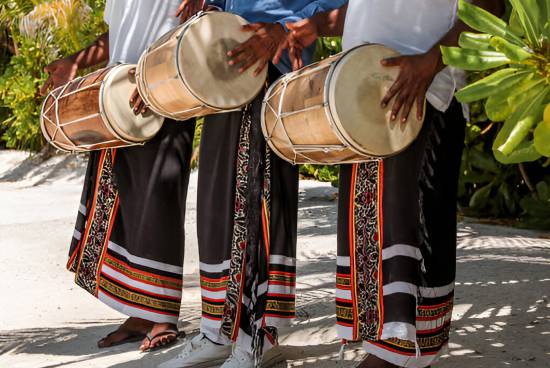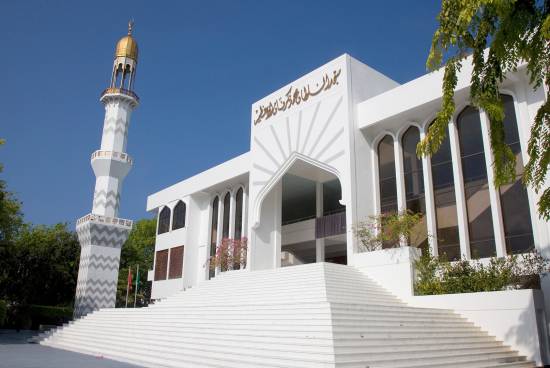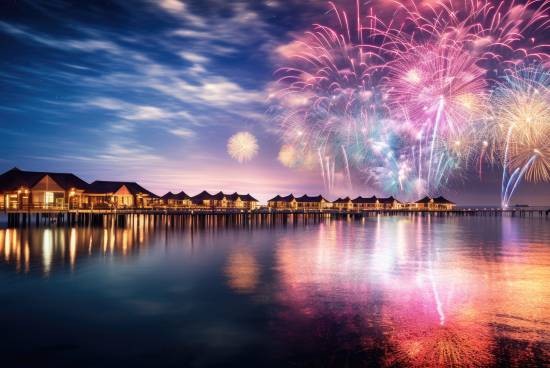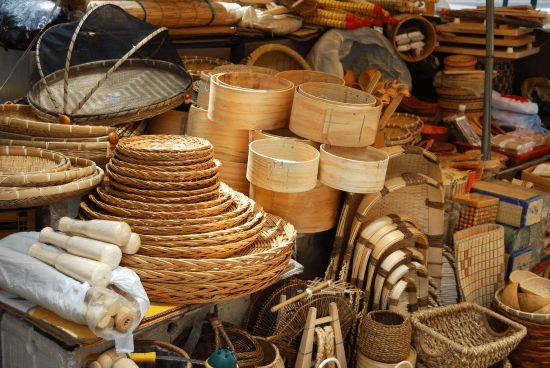

Introduction
The Maldives conjures images of idyllic beaches, turquoise waters, and luxurious overwater bungalows. However, this island nation boasts a rich cultural heritage and fascinating history that extends far beyond the postcard-perfect scenery. Venture beyond the resorts and delve into the vibrant culture, ancient traditions, and captivating stories of the Maldivian people.
- Traditional Music and Dance: Immerse yourself in the vibrant sounds and captivating movements of Maldivian music and dance. Experience the rhythmic beats of the Bodu Beru, a large drum played by a group of men. The energetic drumming performances are often accompanied by singing and chanting, creating a lively atmosphere. Witness graceful dances like the Bodu Bailaan, a group dance performed by women, or the Dhandi Jehun, a traditional dance depicting a seafaring voyage. These cultural performances provide a glimpse into Maldivian traditions and offer a unique way to connect with the local way of life.
- Maldivian Cuisine: A Fusion of Flavors: Savor the delicious flavors of Maldivian cuisine, a delightful blend of Indian, Sri Lankan, and Arabic influences. Fresh seafood features prominently in Maldivian dishes, with dishes like Mas Riha (curried fish) and Mas Dhoni (fish soup) being local favorites. Coconut milk, spices like turmeric and curry leaves, and chilies add depth and flavor to the dishes. For a truly Maldivian experience, try Garudhiya, a clear fish broth with lime, chilies, and shredded coconut. Vegetarians can enjoy a variety of curries made with lentils, vegetables, and jackfruit. Don’t forget to indulge in fresh tropical fruits like mangoes, papayas, and pineapples for a refreshing dessert. Whether you dine at a fine-dining restaurant overlooking the ocean or sample local fare at a family-run cafe, Maldivian cuisine offers a delicious adventure for your taste buds.
- Lacquerware Crafts: Discover the intricate art of lacquerware making, a traditional Maldivian craft known for its vibrant colors and intricate designs. Artisans use natural materials like seashells, coconut shells, and wood to create beautiful objects, such as jewelry boxes, bowls, and decorative trays. The intricate patterns and designs are often inspired by nature, featuring geometric shapes, stylized flowers, and marine life. Witnessing the lacquerware making process firsthand allows you to appreciate the skill and dedication of these talented artisans. Purchasing a piece of Maldivian lacquerware is a unique way to take a piece of the island’s culture home with you.
- Fishing Villages and Local Life: Step outside the resort bubble and visit a local fishing village to experience the authentic Maldives. Interact with the friendly locals, learn about their traditional way of life, and witness the fishing practices that have sustained Maldivian communities for centuries. Explore the colorful houses on stilts, witness the construction of traditional wooden donis (boats), and observe the bustling activity at the local fish market. Many resorts offer cultural tours to fishing villages, providing a responsible way to learn about Maldivian culture and support the local community.
Read More : Adaaran Select Meedhupparu Resort Maldives
A Glimpse into Maldivian History:
The Maldives boasts a rich and fascinating history, dating back thousands of years. While the exact details of the early inhabitants remain unclear, archeological evidence suggests that people have inhabited the Maldives for over 2,500 years.
- Pre-Islamic History: Before the arrival of Islam in the 12th century, the Maldives had a rich pre-Islamic history. Evidence suggests that Buddhism was practiced in the Maldives for several centuries, leaving behind ruins of ancient Buddhist temples. Additionally, interactions with Sri Lanka and other South Indian kingdoms influenced the development of Maldivian language and culture.
- The Maldivian Sultanate: The arrival of Islam in the 12th century marked a significant turning point in Maldivian history. The Maldives established an independent sultanate that lasted for centuries. The sultans played a crucial role in consolidating power, establishing trade relations with neighboring countries, and promoting Islam as the dominant religion. The sultanate era witnessed a flourishing of art, architecture, and literature, leaving behind a legacy of mosques, tombs, and other historical landmarks.
- British Protectorate and Modern Maldives: In the 19th century, the Maldives became a British protectorate. While the British did not interfere in internal affairs, they played a role in the Maldives’ foreign relations and defense. Following World War II, the Maldives gained independence from British rule in 1965. Since then, the Maldives has transitioned from a sultanate to a republic, with a focus on developing the tourism industry as the main driver of its economy.
- The Future of the Maldives: The Maldives faces unique challenges in the 21st century, including the threat of rising sea levels due to climate change. The Maldivian government is actively pursuing sustainable development practices to protect the environment and ensure the long-term viability of the tourism industry.
By venturing beyond the beaches and exploring the rich culture and history of the Maldives, you gain a deeper appreciation for this unique island nation. Whether you’re captivated by the rhythmic beats of the Bodu Beru, savor the flavors of Maldivian cuisine, or learn about the fascinating history of the sultanate, a cultural journey through the Maldives offers a truly enriching experience.
High Search Volume Keywords: Maldives culture, Maldives history, Maldives beyond beaches, Maldives traditional music, Maldives dance, Maldivian cuisine, Maldives lacquerware, Maldives fishing villages, Maldives local life, Maldives pre-Islamic history, Maldives sultanate, Maldives Buddhism, Maldives Islam




